Recently updated on December 30, 2021 at 08:26 am
Often certain mistakes by the vehicle driver / owner cause major engine damage themselves. The running time of the engine can be caused by the following errors be significantly shortened or terminated completely. Engine damage can be caused by a number of reasons. Not only broken injectors and other technical defects are increasingly leading to incorrect designs for laborious repairs. However, most vehicle owners also unknowingly do not handle the engine properly and thus cause costly damage that also quickly results in one economic total loss can end. It is therefore important to avoid the following mistakes in any case.
Fatal mistake = the engine failure
 Who is only interested in very specific areas around the topic Fatal mistake = the engine failure iIf you are interested, you can use the following jump labels to navigate directly to the desired topic with just one click. And just as quickly you can return to this overview from the selected menu item with just one click. However, we recommend our readers to always read through the entire article. Some menu items are only really comprehensible and understandable once the complete information article has been read.
Who is only interested in very specific areas around the topic Fatal mistake = the engine failure iIf you are interested, you can use the following jump labels to navigate directly to the desired topic with just one click. And just as quickly you can return to this overview from the selected menu item with just one click. However, we recommend our readers to always read through the entire article. Some menu items are only really comprehensible and understandable once the complete information article has been read.
- No adherence to the maintenance intervals
- Toothed belt is torn
- No control of fluid levels
- Chiptuning / too high boost pressure
- No warming up of the engine
- Ignorance of noises and defects
- Driving at too high speeds
- Hot engine shutdown
- Water hammer leads to death
- Refueling the wrong fuel
- more causes than bullet points
No adherence to the maintenance intervals
How long an engine will work depends in particular on maintenance. Unfortunately, many vehicle owners want to save real money here by exceeding the maintenance intervals. Old engines often do not cope with this so well (but still better), while in a modern car an excessive oil change can cause costly damage. On the one hand the reason is that the maintenance intervals on the part of the manufacturer are getting longer and longer, on the other hand it is also due to the increasingly sensitive technology that is built into the engines. Depending on the driving style, the maintenance intervals specified by the car manufacturer are considered too long. For a long-distance driver an oil change interval of 30.000 kilometers may be appropriate, while for a short-distance driver it is also an excellent one Engine oil is already too long.
Fuel often gets into the oil due to short journeys. It gets dirty and loses its lubricity over time. Even the regular replacement of the air filter (this is how the change from the air filter succeeds) and the spark extends the life of the engine. If an engine misfires or if it no longer gets the ideal mixture between air and fuel, expensive damage to the valves or pistons can result. Furthermore, the cooling water has to be changed again and again. If this does not happen, the engine block will corrode over time, causing the cooling water ducts to clog. This can result in an overheated engine. (I.e.
Toothed belt is torn
To the Timing belts one should definitely think too. If the belt breaks, the pistons will hit the valves and damage them. The camshaft stands still and if at least one of the valves is still open and the crankshaft continues to rotate, the pistons collide with the valve. Unfortunately, such a crack in the toothed belt is announced not by any signs. The only thing that helps is an exchange after the recommended intervals between 60.000 and 180.000 kilometers or with increasing age. The timing belt should be changed after 6 years at the latest. If the water pump is driven by the toothed belt, it is best to replace it with (all information on changing the timing belt). (I.e.
No control of fluid levels
Most engine damage can be prevented if the vehicle owner would open the bonnet early on. It is advisable to check the fluid levels regularly, especially before long journeys, so that the engine works for a long time. If there is not enough oil in the engine, the cylinder liners, crankshaft bearings and other bearings will no longer be properly lubricated. If there is a lack of a lubricating film, the wear in the engine increases significantly. Metal then rubs against metal both in the bearings and on the piston rings.
Tip: New components such as a new engine should be "run in" gently. And that also applies to a new car.
All bearings often have emergency running properties. However, this is used up fairly quickly. From this it follows that the motor seizes up and can no longer turn. Then there is often only the option of completely replacing the engine or expensive refurbishing. However, it should be noted that the engine as well too much oil can harm. If the oil level is above the maximum mark on the dipstick, The crankshaft splashes in the oilcausing it to Foam is brought. As a result, the oil pump only sucks in air and there is also insufficient lubrication.
However, it is also important to take a look at the cooling water. If there is not enough water in the cooling system, the engine can overheat. Often the head gasket burns out due to overheating. The cooling water then mixes with the engine oil to form an emulsion, which no longer lubricates the engine sufficiently and thus causes engine damage. Even if the cooling water does not mix with the engine oil, it loses its lubricity due to overheating and can then cause the engine to seize. Another negative effect of overheating is a warped cylinder head or engine block.
Regularly monitoring the function under the bonnet can prevent engine damage as well as identify broken components much faster. If cooling water has to be topped up again and again, it will be burned or the engine or its attachments will lose it somewhere. The cause of the cooling water loss can be a defective water flange, a leaky radiator or radiator hose or a broken water pump. Because a cooling system only works under pressure, which cannot build up in the event of a leak, there is a particularly high risk of overheating. If the cooling water is burned, it can often be defective Cylinder head gasket be the cause. Milky cooling water or milky oil are also signs of a broken head gasket. (I.e.
Chiptuning / too high boost pressure
Diesel drivers in particular want to increase the torque and power of the diesel engine using chip tuning. For this purpose, the boost pressure is usually increased in the engine control unit's map. The speed of the turbocharger increases and more air is sucked in. This means that more fuel can be burned. The torque and the power increase. Does it happen seriously - within certain limits - there is actually nothing wrong with it. If you overdo it, or forget to adjust the ignition, for example, the exhaust gas deteriorates and the permanently high temperatures, injection pressures and turbo-charger speeds can at least destroy the turbo and the DPF. In the worst case, it can also lead to engine damage. (I.e.
No warming up of the engine
You know with competitive athletes that they have to warm up slowly. However, the engine also needs time to reach the right operating temperature. Because when the engine is cold, the engine oil is much more viscous than when the engine has already been moved a few kilometers. It is therefore advisable to never stop a cold engine, if possible, but instead carefully warm it up. If the oil is still too viscous, there is a risk that the oil film will tear off and the engine will wear out much more quickly. Even after a cold start, it is important not to drive off straight away: when the engine is switched off, all of the oil collects in the oil pan. An engine therefore needs a bit of time so that the oil pressure can build up and the cylinder head can be thoroughly lubricated. There is even more information in our article "Full throttle in a cold state or warm up the engine first?". (I.e.
A tip at this point: First you start the engine, then buckle up and drive gently Come on. This short time should be enough for the oil pressure to build up. However, it is also important that you do not use the engine warm up leaves. When it is cold, there is an automatic increased injection of fuel. This excessive fuel washes the oil film from the cylinder walls and thus promotes wear. It is therefore advisable to leave the vehicle standing still for short journeys and instead to walk, cycle or take the bus. Because that is not only gentler on the engine, but also more environmentally friendly. (I.e.
Ignorance of noises and defects
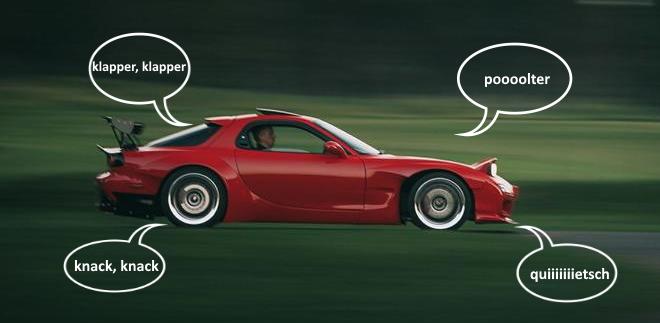
Even if many vehicle owners think so, a car can never repair it yourself. It often happens that the yellow Engine control lamp or other flashing warning lights or strange noises are ignored. This is very bad because warning lights rarely shine for no reason. If the engine control lamp comes on when the engine is running, there are often problems with the combustion. The cause can be, for example, that an engine draws in air or has misfiring. In any case, it is important to fix the error as soon as possible. Because of these errors, the mixture between fuel and air is incorrect. If the engine runs too rich, i.e. excessive fuel combustion occurs, the oil film is washed off the cylinder walls. This results in increased wear in the engine. If the engine is running too lean, i.e. too much air is mixed in, the engine can overheat or the valves or pistons burn away.
The blinking engine check light indicates a serious error somewhere. The engine should then be switched off as soon as possible. Even when the red oil warning light comes on, it is important to end the journey as quickly as possible. Because then something is wrong with the oil pressure and the engine would already be damaged after running a kilometer or less. The same goes for strange noises. For example, if the water pump has a bearing damage that can be heard and is ignored, it will eventually stop working. If you are still lucky, the rising one falls early Temperature up and he turns off the engine. In the event of an accident, the water pump blocks or the engine overheats and the toothed belt jumps over. If a tension pulley or idler pulley no longer works, this can also happen. Often, however, vehicle parts indicate their impending failure more or less noisily. (I.e.
Driving at too high speeds
The red area on the tachometer was not without reason red marked. If an engine gets into the red zone, it will eventually work despite it rev no more. On the one hand this is due to the vibrations that go through the engine at high speed and cause it to wear out more quickly, on the other hand the oil can be the cause again. The higher you turn an engine, the hotter it gets. As a result, the lubricating film can also tear off here. If there is still too little oil in the engine, then engine damage can hardly be avoided. However, the engine can not only be over-revved by hobby races.
In the Interconnect (Full throttle in from drita Gear and then second instead of fourth) and the subsequent release of the clutch, damage is often inevitable. At least if the previous course turned out relatively high has been. Then the rev limiter is no longer helpful. Because during the interconnection the engine speed is specified by the transmission, whereupon the engine control can no longer intervene. Here manual interventions trump electronic technology. In such a case, the loads are so high, depending on the speed, that costly engine damage occurs very often. However, with an attentive driving style and slow gear changing, engine damage can be prevented. In addition, the wrong gears are usually just left with a lot of power Insert. (I.e.
Hot engine shutdown
Most drivers make this mistake after driving fast on the autobahn or chasing down the country road. You switch off an engine that has overheated immediately upon arrival. Especially after driving under high loads such as on the motorway, you should always turn off the engine for some time "run after“Let it cool down. If the engine is hot and is switched off immediately, there is a possibility that the cylinder head will warp even though there is sufficient cooling water. And the turbocharger is also often damaged if it is switched off immediately after fast journeys. Such a turbocharger is heated to around 1.000 degrees Celsius when driving at full throttle. When the engine is then switched off, the oil will coke and the oil ducts will be blocked. This causes insufficient lubrication, which means that the turbocharger wears more. In addition, if the turbocharger is broken, there is a risk that it will feed the engine oil through the oil ducts for combustion. With diesel vehicles in particular, it can happen that the engine then runs at full throttle in an uncontrolled manner until there is no more oil available in the engine and it seizes up. (I.e.
Water hammer leads to engine death
Not only all-terrain vehicles can suffer a water hammer if they are about to cross a large water hole. This is also possible with ordinary cars on the road, especially after a lot of rain. A water hammer is about having an engine instead of air Water sucks. If the water gets into the combustion chamber, there is often nothing left to do: Compared to the fuel / air mixture, the water cannot be compressed and the piston is braked abruptly. It follows that the connecting rods bend. However, damage to the cylinder head, the engine block and the crankshaft often occurs for other reasons. Because most vehicles suck in the air quite far down, it is advisable to avoid large puddles if possible so that expensive engine damage does not occur To move the intake snorkel upwards. (I.e.
Refueling the wrong fuel
This bug is particularly relevant to cars with diesel engines. If you unintentionally fill up with petrol instead of diesel and then start the engine, this can very quickly result in major engine damage. Because the injectors, the high pressure pump and other components require the diesel to have lubricating properties so that they can function properly. When you fill up with gasoline, these components are not lubricated, which means that they wear out. This repair is also very complex and costs a lot of money. So you should definitely have one Misfuelling / misfuelling avoid. There are even various technical aids. (I.e.
more causes than bullet points
Of course, the bullet points listed above are only a few possibilities why an engine can give up the ghost. You can never say that in general. There are many other components in and around the engine that can cause engine damage in the short or long term. The following additional bullet points show other possibilities why engine damage can occur. (I.e.
- Engine damage due to defective injectors or pump nozzle units
- Engine damage from a defective timing chain
- Motor damage due to broken bearings (bearing damage)
- Engine damage from a broken oil pump
- Engine damage from a defective injection pump
- Engine damage from a broken camshaft
- Engine damage from a broken cylinder head gasket
- Engine damage from a defective crankshaft
- Engine damage from a piston seizure
But what if the engine is not yet completely junk, but just runs out of round? Then maybe our contribution on the topic "uneven engine running" continue.
Of course that had not happened yet!
tuningblog has countless other articles on the subject of car and auto tuning in stock. Do you want to see them all? Just click HERE and look around. In part, we would like to provide you with news but also off the tuning. In our category Tips, products, information & Co We have reviews of car or accessories manufacturers, new ones Tuning Wiki Terms or one or the other Leak veröffentlicht. Following an excerpt of the last articles:
"Tuningblog.eu" - we keep you up to date on the subject of car tuning and car styling with our tuning magazine and we present you the latest tuned vehicles from all over the world every day. It's best to subscribe to ours Feed and will automatically be informed as soon as there is something new about this post, and of course also to all other contributions.
 tuningblog.eu Your magazine about tuning the car
tuningblog.eu Your magazine about tuning the car
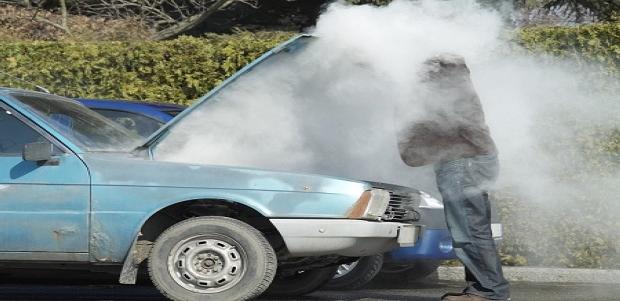
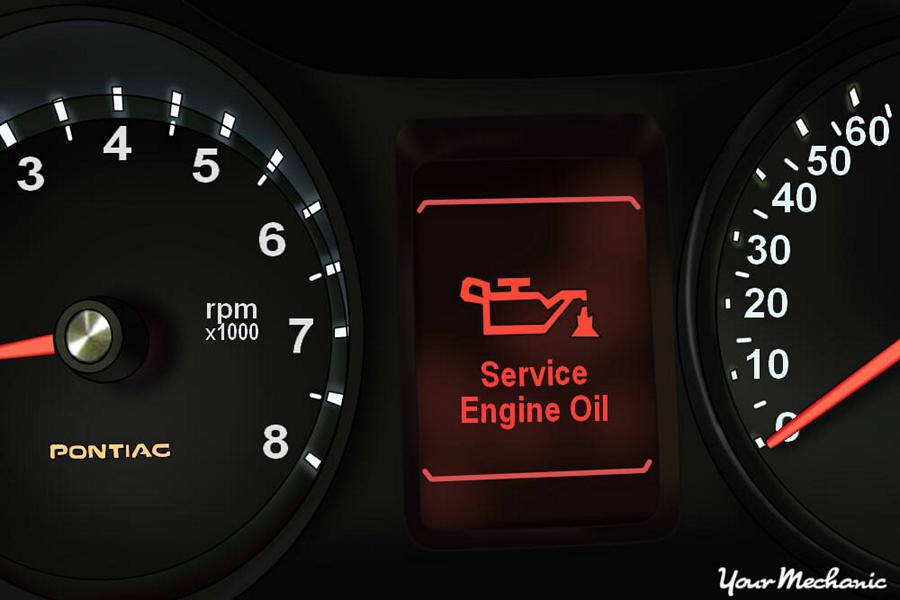
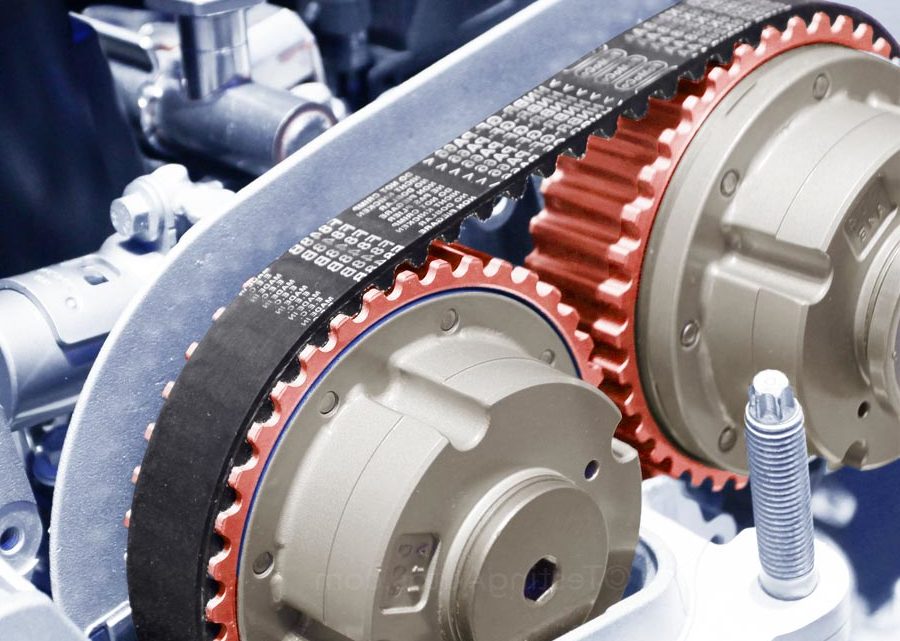
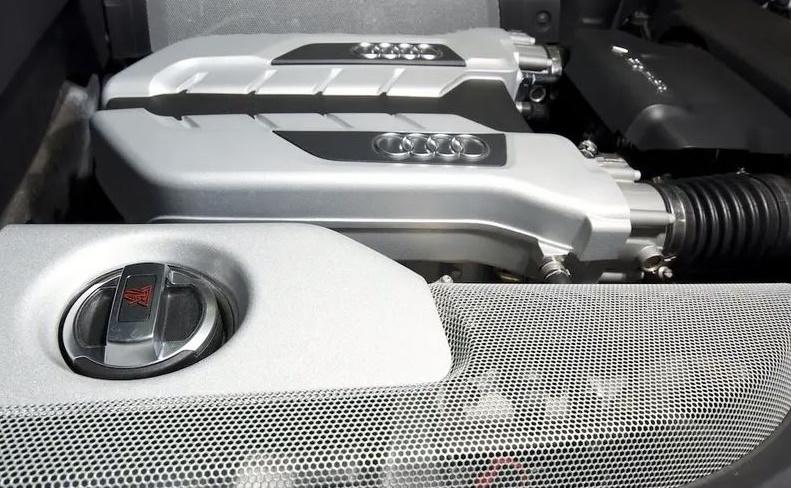
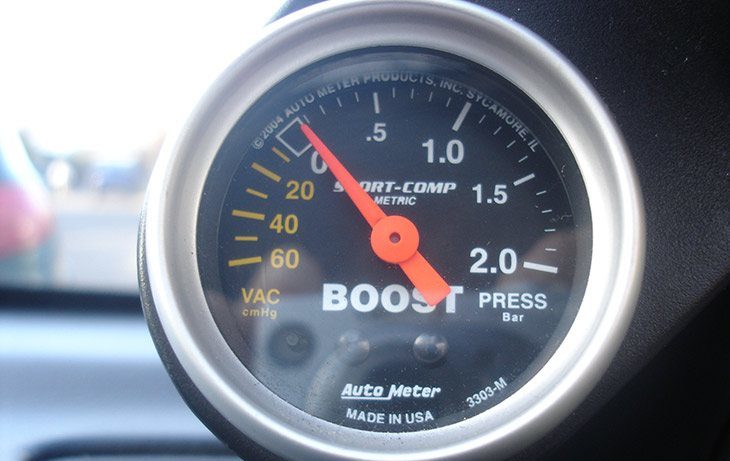

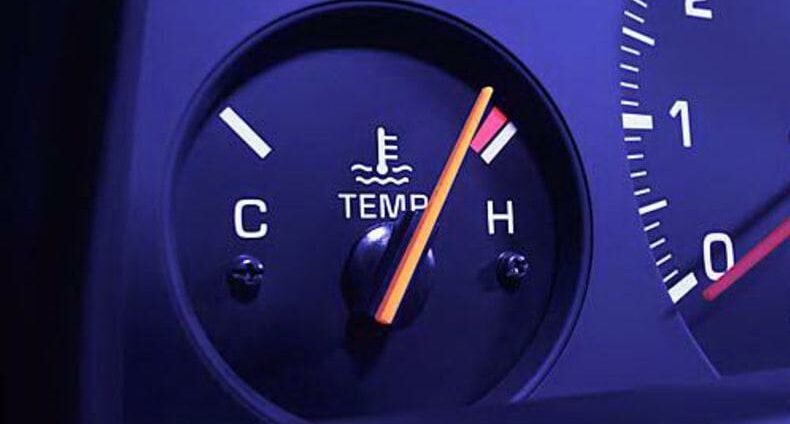
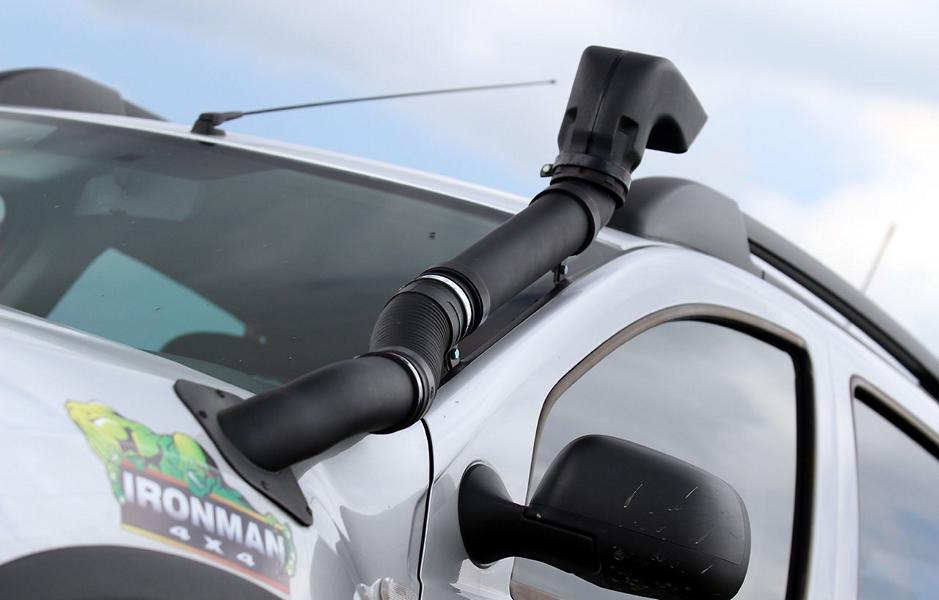

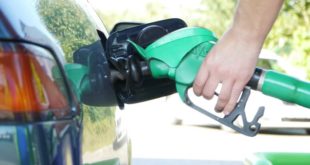

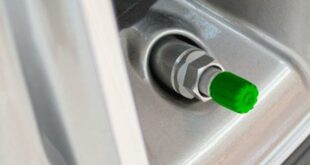
The other day I made a very stupid mistake - I filled the wrong fuel and it broke my engine. I didn't even know that such a mistake was so crucial and particularly problematic with diesel engines. Good to know that a defective timing chain, a broken oil pump or a defective injection pump can also cause engine damage. But now I will definitely have to go to a garage.
The other day, as you described, I accidentally put full throttle in third gear and then shifted up badly so that I ended up in second instead of fourth gear. Now I think that I suffered an engine failure from it. You are right that in such a case the load with the high speed is simply fatal. I probably can't avoid going to a car repair shop to have my mistake repaired.
It sounds pretty interesting that most engine damage can be prevented if the vehicle owner would open the hood early on. It's already too late for my wife's car, haha. We are currently looking for a suitable garage to repair the engine. Thanks for the contribution!